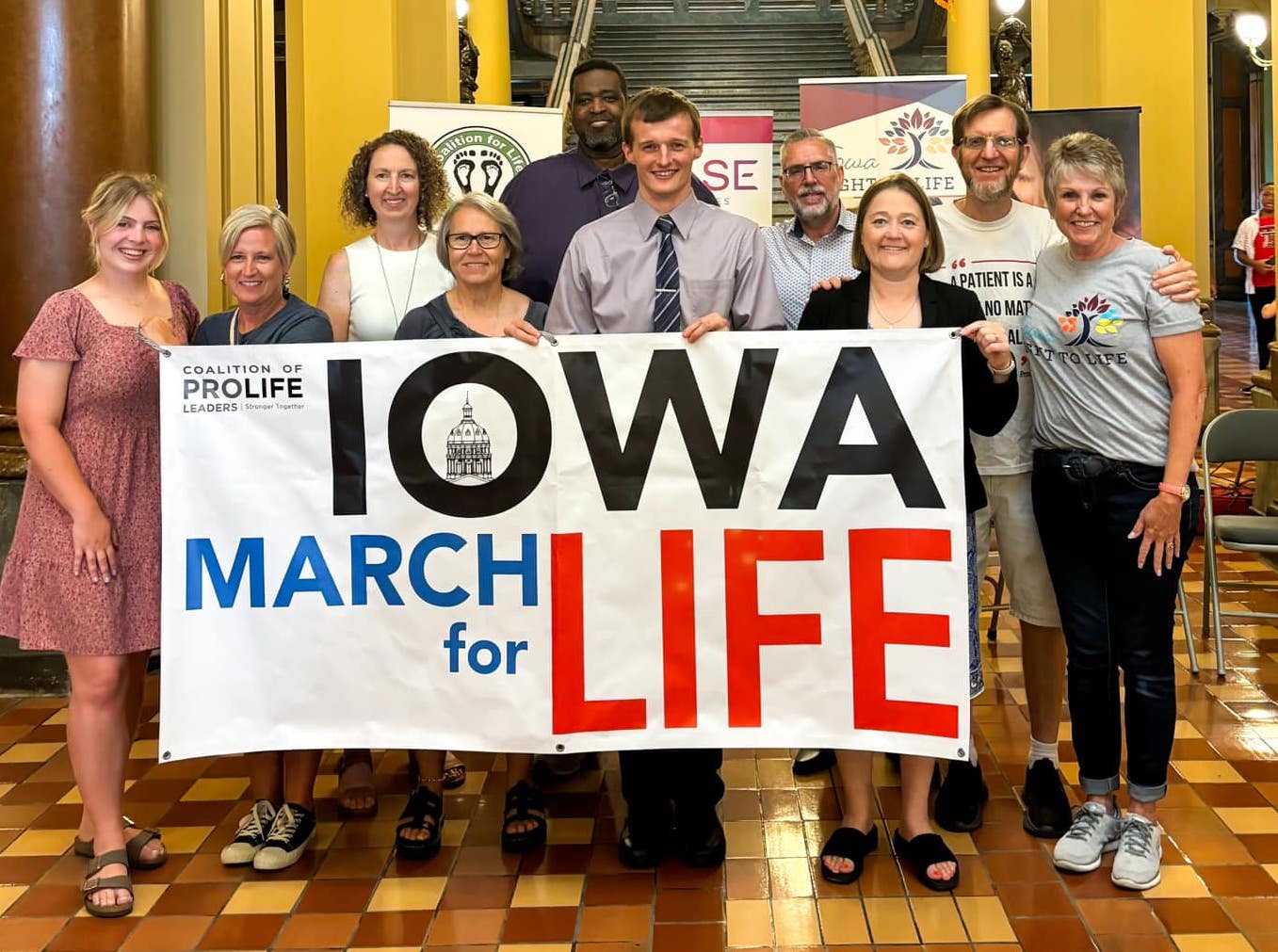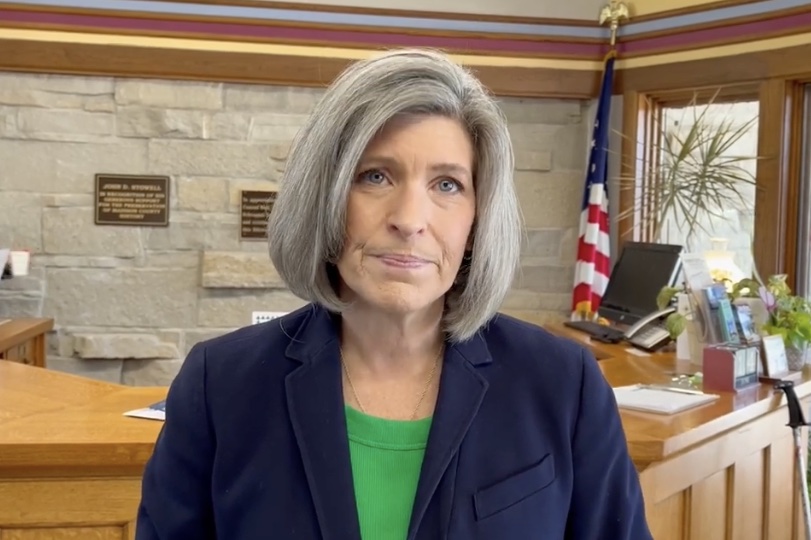Dan Guild is a lawyer and project manager who lives in New Hampshire. In addition to writing for Bleeding Heartland, he has written for CNN and Sabato’s Crystal Ball, most recently here. He also contributed to the Washington Post’s 2020 primary simulations. Follow him on Twitter @dcg1114.
This post updates a piece I wrote in 2020.
At this moment the race between Joe Biden and Donald Trump is close; you could argue it is the closest in U.S. history. To say it is unique is to state the obvious. This is the first presidential campaign in the modern era where both candidates have held the office of president. It is unique in another way too: many Americans did not want this race.
As the data below shows, incumbents typically do poorly in the first debate. If that trend holds this year, it bodes ill for Biden—but this time may be very different.
Continue Reading...



















